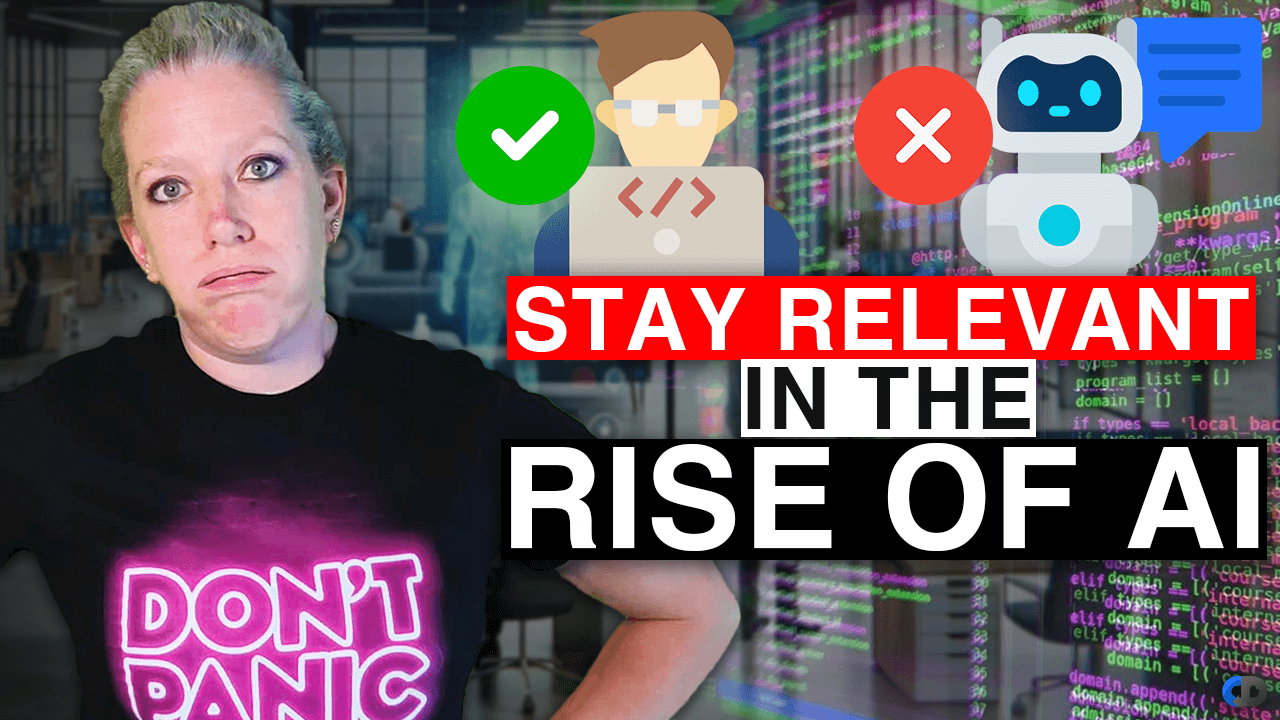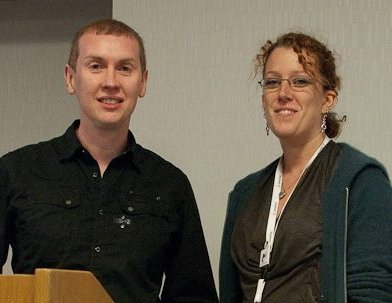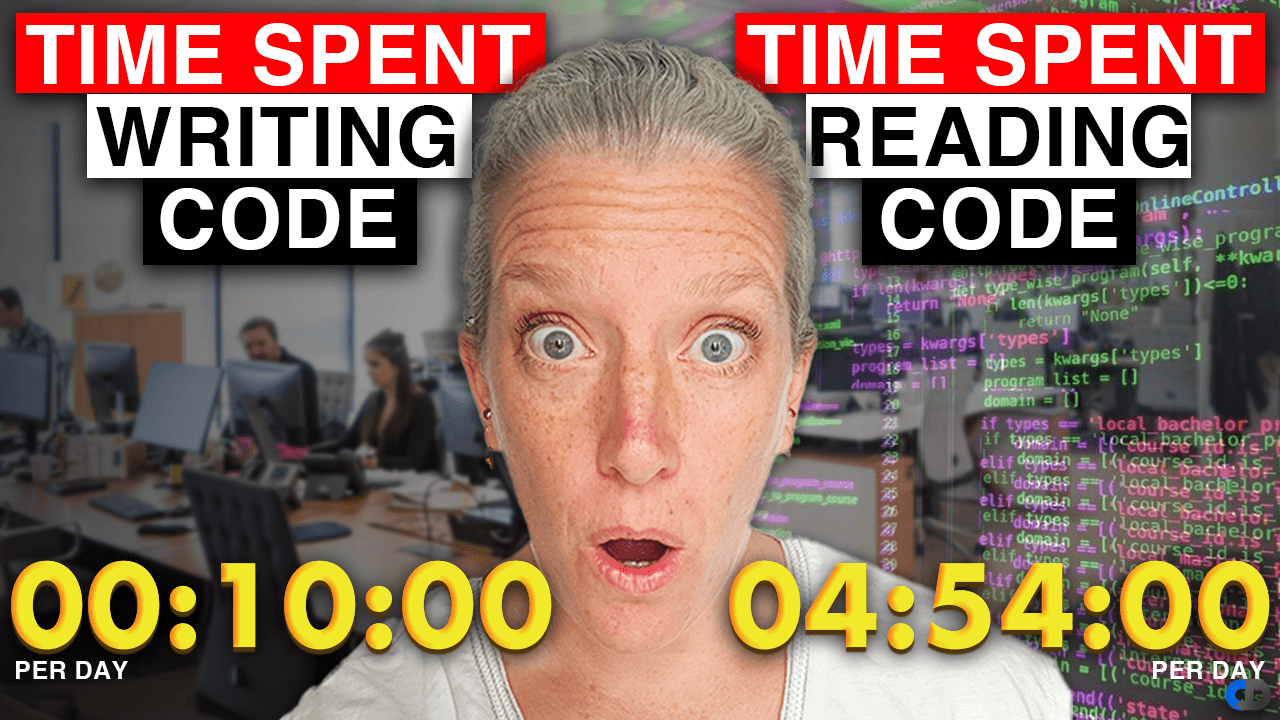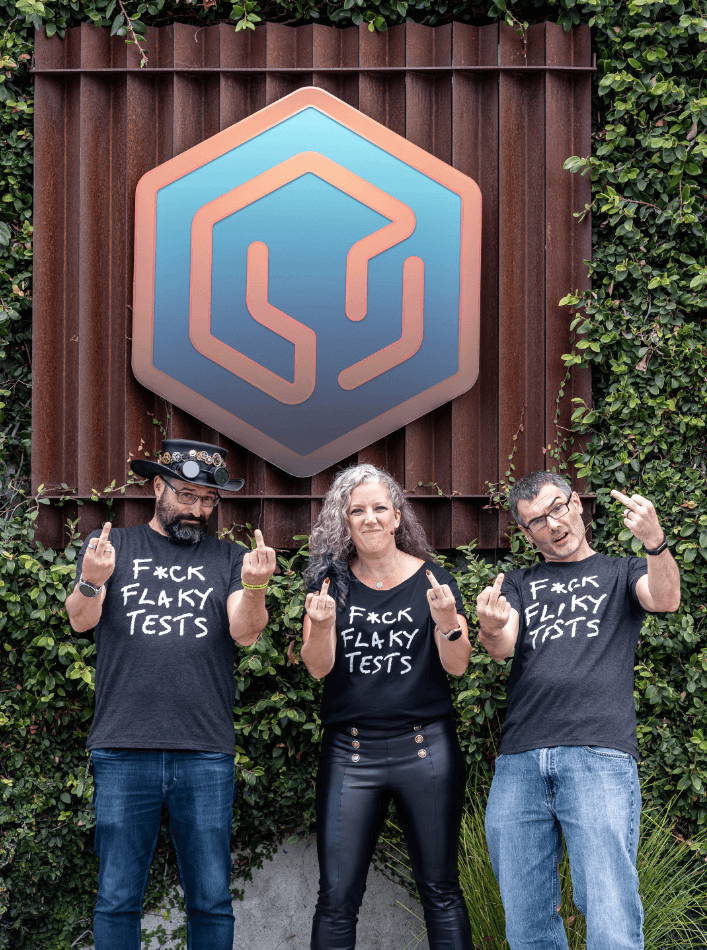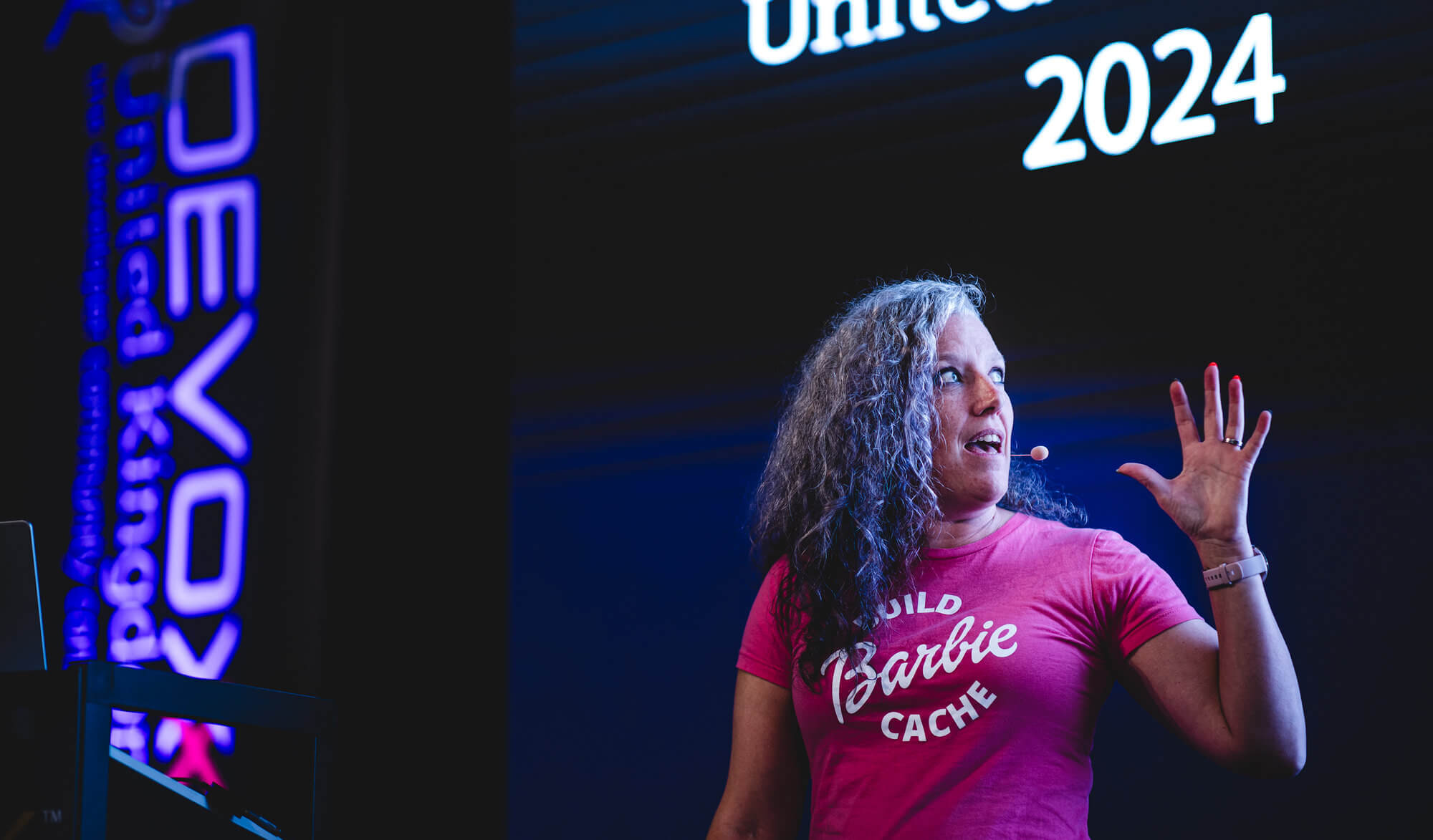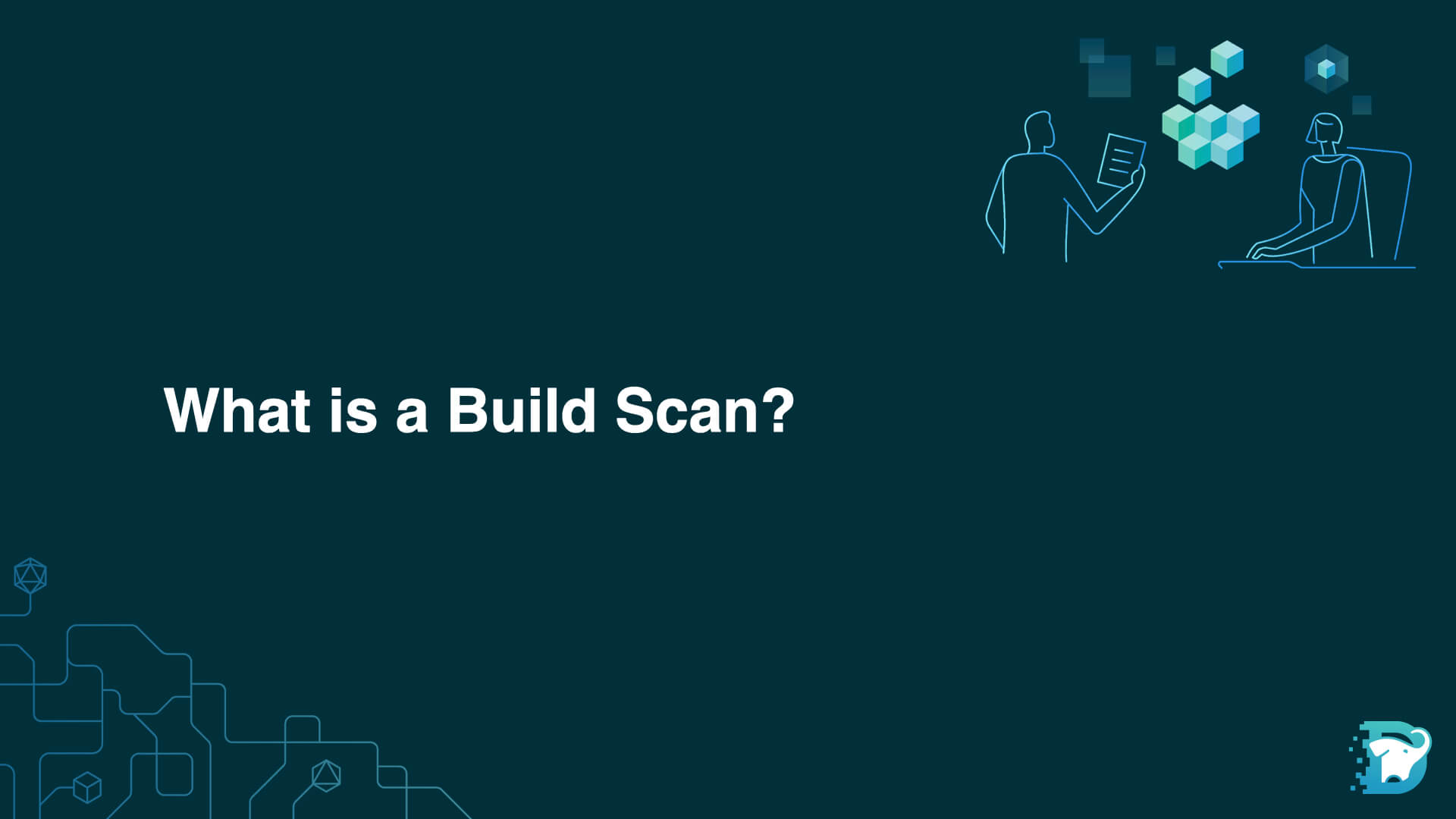I'm working on creating a training course for IntelliJ IDEA (I've been working on it for a while now, I don't really want to talk to much about it because I'm not sure when I'll actually deliver it). Anyway, as I was thinking through Features You Really Need To Know, I realised that it's not really about code completion and code generation, it's about those features that will get you out of a big, deep hole that you've dug yourself into.
So, I put together my top five features that have saved my bacon, and recorded a video for the Continuous Delivery channel. I have asked around and these features should work for all JetBrains IDEs, not just IntelliJ IDEA.
As usual, I have included the transcript below so you can skim it and skip to the bits that interest you.
Continue reading "IDE tips to save you from disaster"


